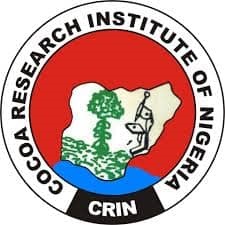Dr. I.U. Mokwunye, an Entomologist at CRIN, was selected for the prestigious USDA Scientific Exchanges Program (SEP) Fellowship that held between March 6, 2023 and June 3rd, 2023 at the North Carolina State University in Raleigh, North Carolina USA. The SEP fellowship was aimed at improving agricultural productivity by educating a new generation of agricultural scientists, increasing scientific knowledge and promoting collaborative program amongst professionals of eligible countries (Nigeria, Ghana, Senegal and Côte d’Ivoire), agricultural professionals of the United States and international agricultural research system. This afforded her the opportunity to work one-on-one with an expert, YU Takeuchi, on Phenology model at the NSF Center for Integrated Pest Management (CIPM), North Carolina State University, Raleigh, North Carolina, USA. The knowledge and skills gained is expected to promote food security and economic growth in Nigeria. During the course of the fellowship, she attended Water for Food Global Conference at the University of Nebraska, USA, where she saw first-hand a sensor-based fertigation system on a large acreage of annual crops. Her work centres on the development of a reliable Phenology model for coffee towards the early detection and sustainable management of coffee berry borer (Coleoptera: Curculionidae) in Nigeria. As stated by Dr. Mokwunye, it is predicted that global warming will affect crops negatively making crops more
vulnerable to biotic pressure like insect pests. Addressing this concerns require a new approach through the use of models to predict and manage the variability of economic pests. The phenology model was used in the study. Information on times of phenological events is useful for planning, organizing and timely management of crop pests, she averred. The technical skills and knowledge gained on phenological model will be applied for forecasting other important pests of our mandate crops. As a result, she is putting up a team drawn from different relevant disciplines to achieve the goal and in future develop a software that will simplify the prediction and dissemination process to farmers in a timely manner.


